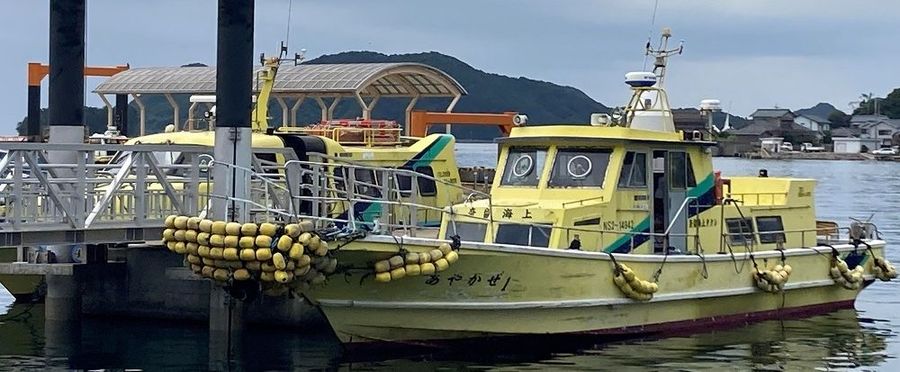The news revolves around the impending closure of maritime ambulance services, often referred to as "ambulances of the sea", that aid remote Japanese islands. These services play a crucial role in transporting emergencies from isolated islands to mainland hospitals. However, due to economic pressures and difficulties in proper personnel placement, this essential lifeline is facing a shutdown. Many isolated communities fear the impact this could have on their healthcare accessibility.
Japan's isolated islands rely heavily on these maritime ambulance services for emergency health needs. The shutdown is seen as a blow to the local economy and healthcare system, particularly for the elderly population which is significantly high in remote areas. The health and lives of these communities are compromised due to the lack of immediate access to medical services, making this a high priority societal issue.
In contrast to the US or EU, where healthcare accessibility is generally spread more uniformly thanks to vast land-based transport networks and shorter distances to hospitals, the unique geography of Japan with numerous remote islands often makes maritime transport a critical necessity. In the US or EU, such services are often seen in very remote areas or for exceptional cases, while in Japan this is a common occurrence.

